How to Pick the Right Dog Breed in 9 Easy Steps
Published: Last updated: by Jessi LarsonAre you looking for a dog but don’t know what breed to get? We’ll help you find the perfect pup in 9 easy steps!
Although they’re the same species, it’s amazing how dogs can differ by breed. Owning an itty bitty Chihuahua is far different than a giant Great Dane.
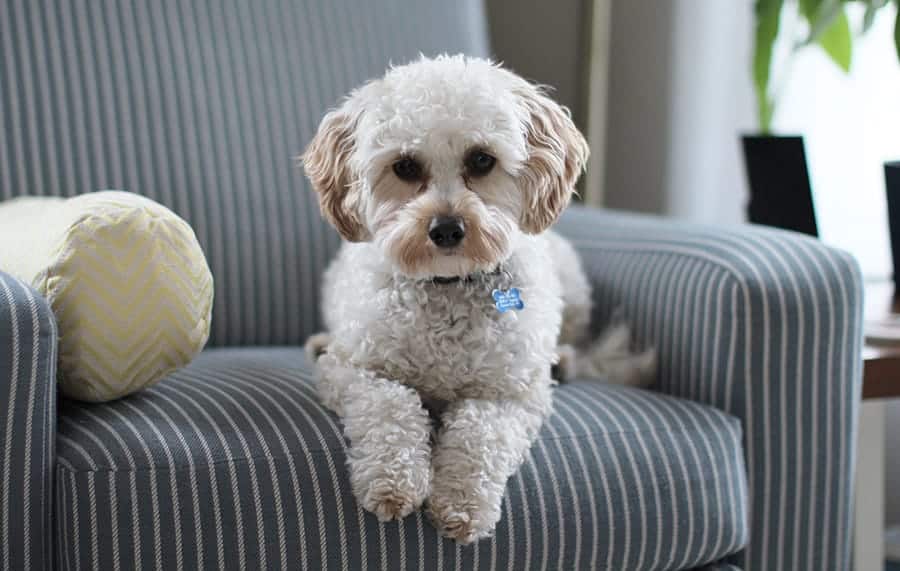
Many potential pup parents wonder how to pick the best dog breed, so if you’re asking this question, you’re not alone.
After all, a dog is usually a 10+ year commitment. You want to find a breed that’s right for you!
Let’s walk through all the things you need to consider when picking the best dog breed for you, your family and your lifestyle.
By the end, you’ll have a much clearer idea of the breed specifically suited for you and may even walk away with the top 2-3 picks.
1. Why Do You Want a Dog?
First things first, let’s talk about why you want a dog. This will guide you more than you realize!
For example, do you love cuddling up on the couch and want a tiny furball to curl up in your lap and keep you company?
Or do you love the great outdoors and want an energetic, strapping pup to join you?
Or do you envision a dog who loves to play with you and your family?
Stop for a minute, close your eyes and think about it. Whatever you see first is the best answer.
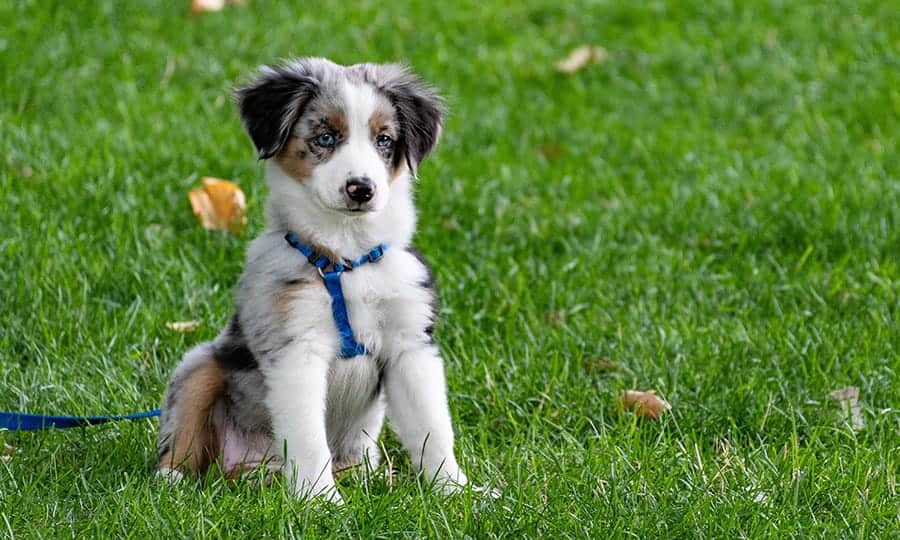
2. What Type of Dog Did You Have Growing up?
Believe it or not, the type of dog you grew up with often has an impact on what type of dog you want when you’re older.
Growing up, we were a Labrador Retriever family. This is likely due to the fact that my dad, uncles and our family friends were all hunters, and Labs make an exceptional hunting dog.
We had a super sweet Chocolate Lab named Sadie. My uncles and my dad’s friends also had Labradors.
So when it came time to get a dog, guess what breed I picked?
You guessed it: A Labrador.
It’s what I knew and was comfortable with.
On the other hand, our next door neighbors have always had Maltese dogs, and when their pup recently passed, they got a new dog of the same breed.
That’s certainly not to say you couldn’t pick a different type of dog by any means. It’s just that people often have a comfort level with the canine they were conditioned to growing up.

3. Do You Have Any Allergies?
Here’s the elephant in the room for allergy sufferers: Dogs can be awful for allergies.
Growing up, my friend Abby had terrible allergies. When she slept over at my house, she had to take a special medicine so she wouldn’t have an attack. Even then, she always seemed a bit on edge.
When she got older and wanted a dog of her own for her family, she found that Goldendoodles were a wonderful fit for her.
Why?
The Goldendoodle is considered a hypoallergenic breed, meaning they have a non-dander coat which greatly reduces allergy issues.
If you have allergies, don’t despair. Getting a dog is still possible. It’s just recommended that you find one that is hypoallergenic.
Check out our guide to the 18 best hypoallergenic dog breeds to see the top options.

4. Who’s in Your Household?
Another important thing to think about is who is in your household.
Is it just you? Or do you have a partner? Roommates? Children?
This is incredibly important to consider. Especially if you have little ones in the household.
If you just have another adult (or adults) in the household, check to see what their comfort level is and find a breed that they’re also OK with.
And if you have kids, we highly recommend going with a breed that’s well suited for the demands of living with tiny humans. Children are rambunctious, impulsive, curious creatures, and not all breeds are suited for this.
Although there are certainly exceptions, here are the 20 best dog breeds for kids to check out if your household includes little ones.

5. Where Do You Live?
As you think about which dog breed is right for you, where you live is incredibly important.
It goes without saying that certain breeds just aren’t cut out for small spaces.
With apartments and certain townhouses or smaller homes, a big dog like a German Shepherd or Rottweiler won’t have the room it needs.
Also, if you’re renting, always check the pet policy to see if there are any restrictions. Many policies have strict parameters on how much a dog can weigh and sometimes even restrict the breeds allowed.
This also applies if you live in a community with a homeowner’s association. Before you get a dog, thoroughly read through the bylaws and see what they say about pets.
For example, when I owned a townhouse, the association only allowed dogs up to 35 lbs. (My dog Toby is more than triple that size, so it’s a good thing I moved!)
Consider the climate
Weather can also come into play when looking into the best-fit breed. Some dogs are just better suited for certain types of weather.
With today’s modern amenities like air conditioning and heat, however, you can certainly be more flexible now with the type of furbaby you take home than ever before. But it’s still worth considering.
We live in Minnesota where temperatures are often cool, cold or freeze-your-face-off cold. The months of July and August, on the other hand, are extra hot and humid.
Our neighbors used to have two big Huskies with giant, thick coats. These dogs absolutely loved the cold weather but were downright miserable in the summer when temperatures reached 85+ degrees. They would sit in the shade looking crabby and exhausted for those 8 weeks.
In this case, having a Husky might not be the best idea for those who live in arid climates 365 days a year.
As you search for a pup, think about the weather where you live and if there are dogs who are better suited – or not – for your climate.
City vs. Suburb vs. Country
Another factor is the town in which you live. Is it a jam-packed city full of boundless big buildings? A suburb with yards and green space? Or a rural area with endless acreage?
I can’t imagine living in a packed downtown with our dog Toby since he’s a giant Lab with tons of energy and the need for constant exercise. But other dogs will do just fine in that environment.
It all depends on where you live and what dogs you’re looking at.
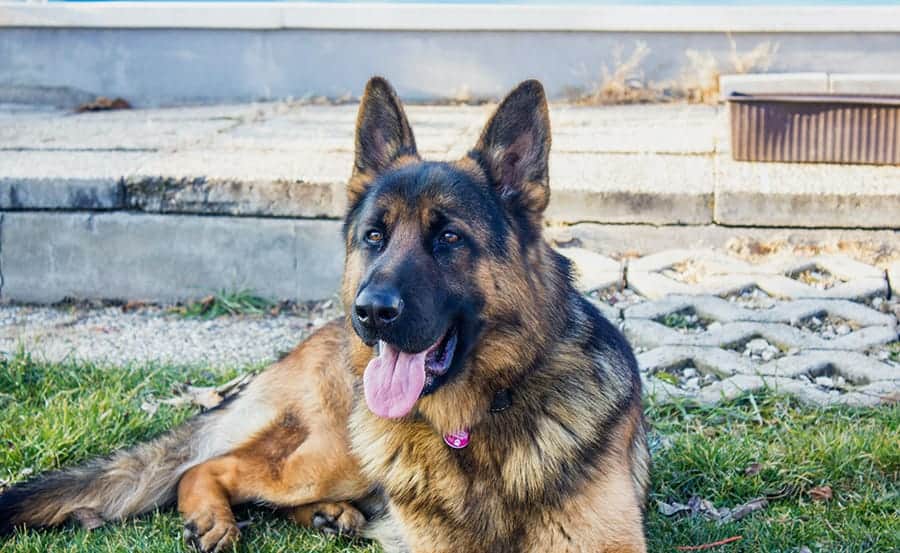
6. How Much Time and Energy Do You Have?
Dogs are A LOT of work. (Don’t let anyone tell you otherwise.)
But some dogs require much more effort than others.
Potential pup parents should always make sure they have the time, energy and resources to care for a dog, no matter what the breed.
But that level of care can increase depending on the dog.
I love having a hearty hound like the Labrador Retriever. Our dog Toby does need three walks a day, but this is great for us because it helps us stay active outside, especially in the winter.
Kyle and I both work from home so we have plenty of time to dedicate to him. Plus, Labs are awesome with children, and it melts my heart to see him interact with our daughter Elise.
Would I recommend this breed for say someone who is less active or works long hours? Absolutely not.
It’s always a good idea to be 100% realistic about how much time and energy you have because it’s not fair to the dog if this doesn’t align with their needs.
On that note, if you’re looking for a lower maintenance canine, check out our guide to low energy dog breeds.
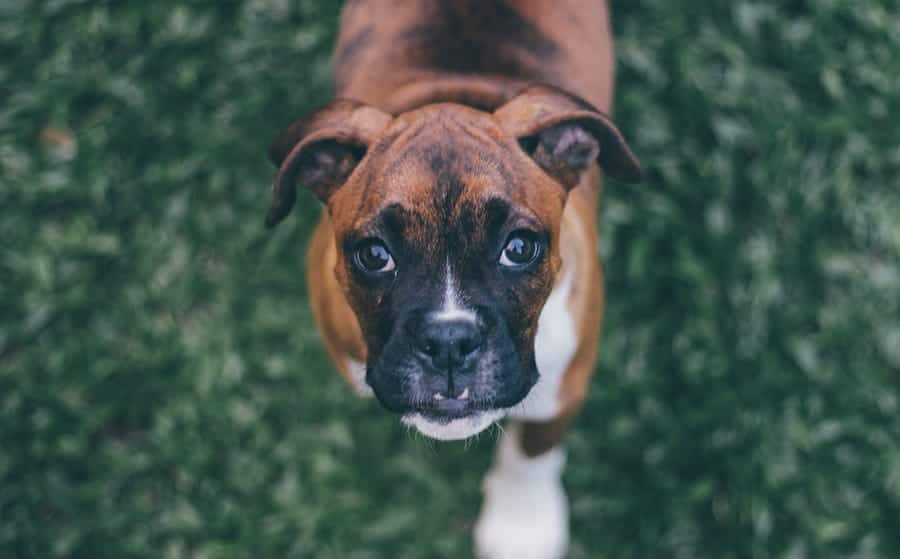
7. What is the Dog’s Temperament?
Just like appearance, a pup’s temperament can vary greatly by breed. And it’s absolutely critical to find out how a dog will act based on their breed instincts.
If you’re zoning in a potential pooch, do some research on the temperament of the breed. Sure, there are some outliers, but for the most part a dog will act accordingly.
Years ago I was at a dog park and ran into a man with a Shiba Inu. It was the first time I had ever met someone with this breed, and I was so intrigued because I only knew a little bit about Shibas and thought they were quite possibly the cutest canine I’d ever seen.
As I watched the dog play, I realized the Shiba was more aloof and distant compared to the other dogs, so I inquired about the breed.
“Shibas are awesome,” the man said. “It’s like having a cat personality in a dog body.”
I love cuddling and playing with pups, so this would not be the breed for me. But this guy absolutely loved that the Shiba was more independent and solitary. (As do so many other Shiba parents.)
If it were up to size and appearance only, this might be the pup for me. Fortunately I found out the temperament before making a decision that just wasn’t right.
8. How Much Does the Breed Cost?
Owning a dog isn’t cheap, but some breeds are more expensive than others. Cost is a consideration, and it’s always a good idea to understand the full picture before making a commitment.
Things to think about include:
- The initial expense – How much does the dog cost right off the bat?
- Vet bills – Does the breed have certain health issues that will cost a good amount of money in the future?
- Grooming – What grooming is involved? Will you need to take the dog to the groomer for regular haircuts, and so forth?
- Food – How much will expenses be for food and treats? Does your dog have a big appetite that will cost extra cash?
- Other expenses – What other expenses might be involved? For example, is it an energetic breed that may need doggy daycare while you’re at work?
By understanding all the costs involved (or as much as you can at this stage), you’ll ensure you can properly care for your canine.
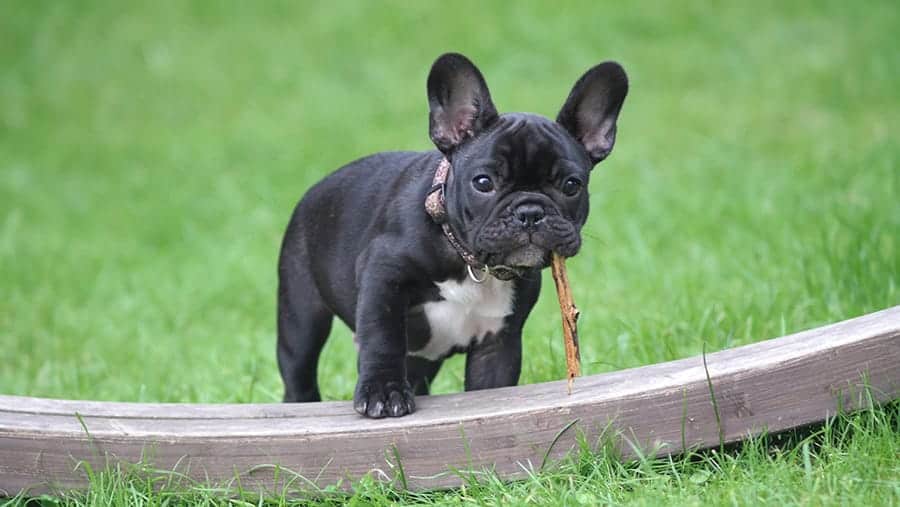
9. Breed Finder
And finally, try out our online breed selector and get a list of the best breeds for you and your lifestyle.
It allows you to enter details like where you live, who’s in your house, your climate, what size of dog you’re looking for, and more, and you’ll receive a list of breeds that will work for you.
Try it out, and let us know what you think!
One final note:
Many dogs, especially those up for adoption, are made up of several different breeds. You may not know the breed of the dog you’re getting with certainty.
Usually, the rescue organization has a best guess as to the breed or breeds, which can help guide you. They’re also a great resource for finding out if the dog is the right fit for you.
And if you’re still not sure about the breed after the pup comes home with you, there are many awesome dog DNA tests that can help clarify it.
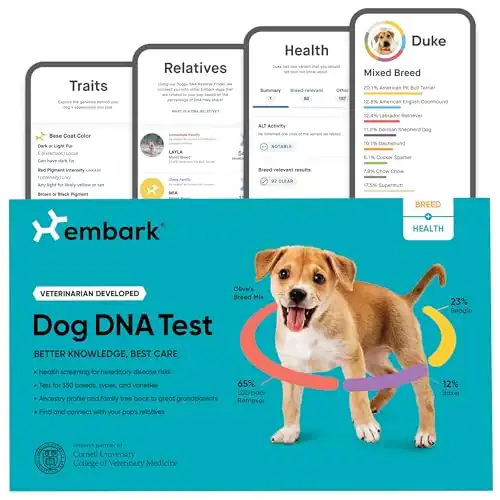



 Getting a New Dog?
Getting a New Dog?